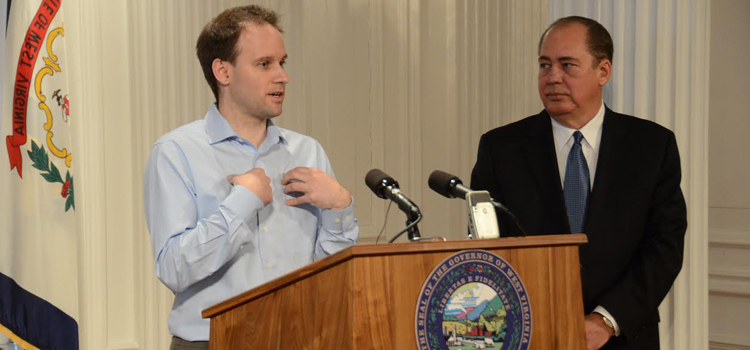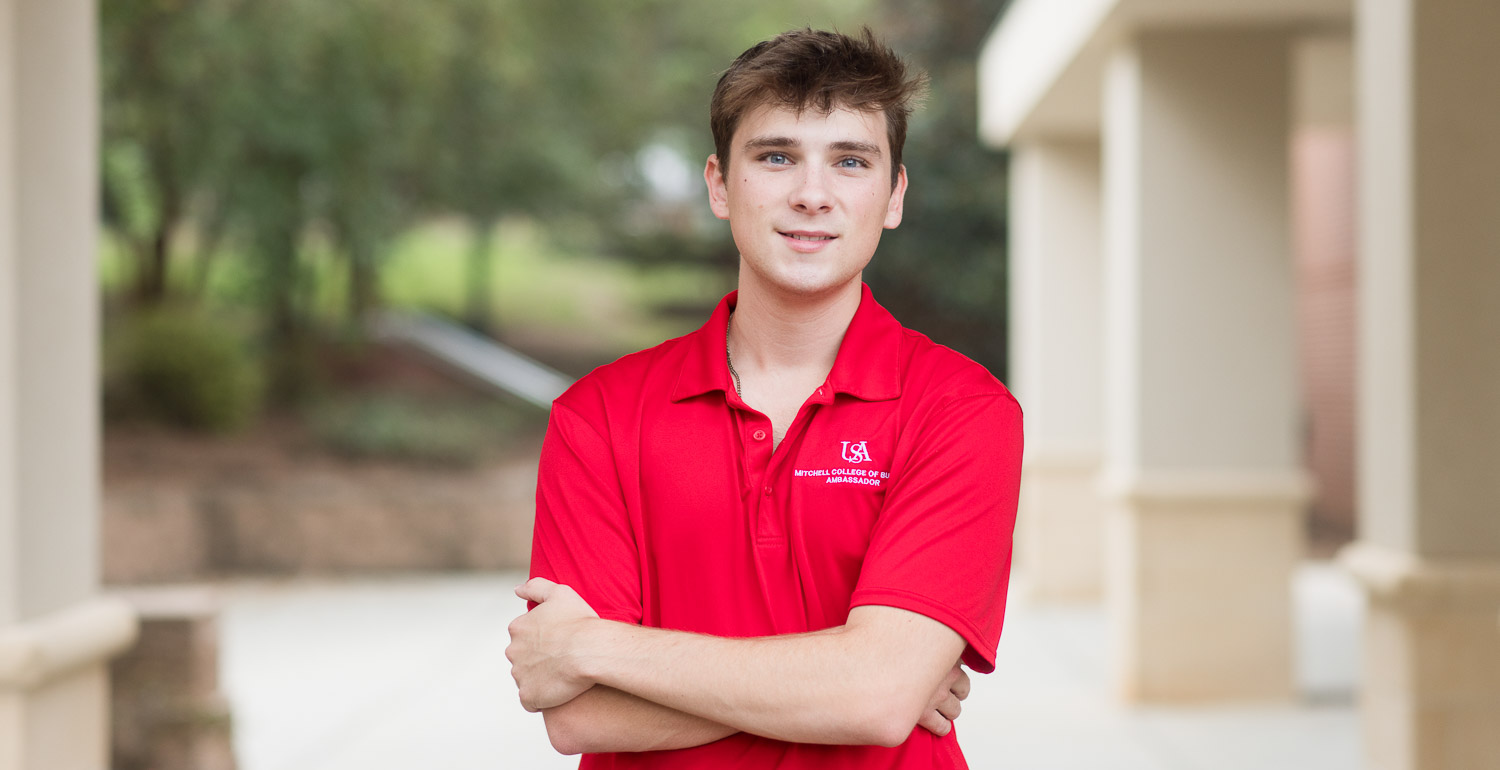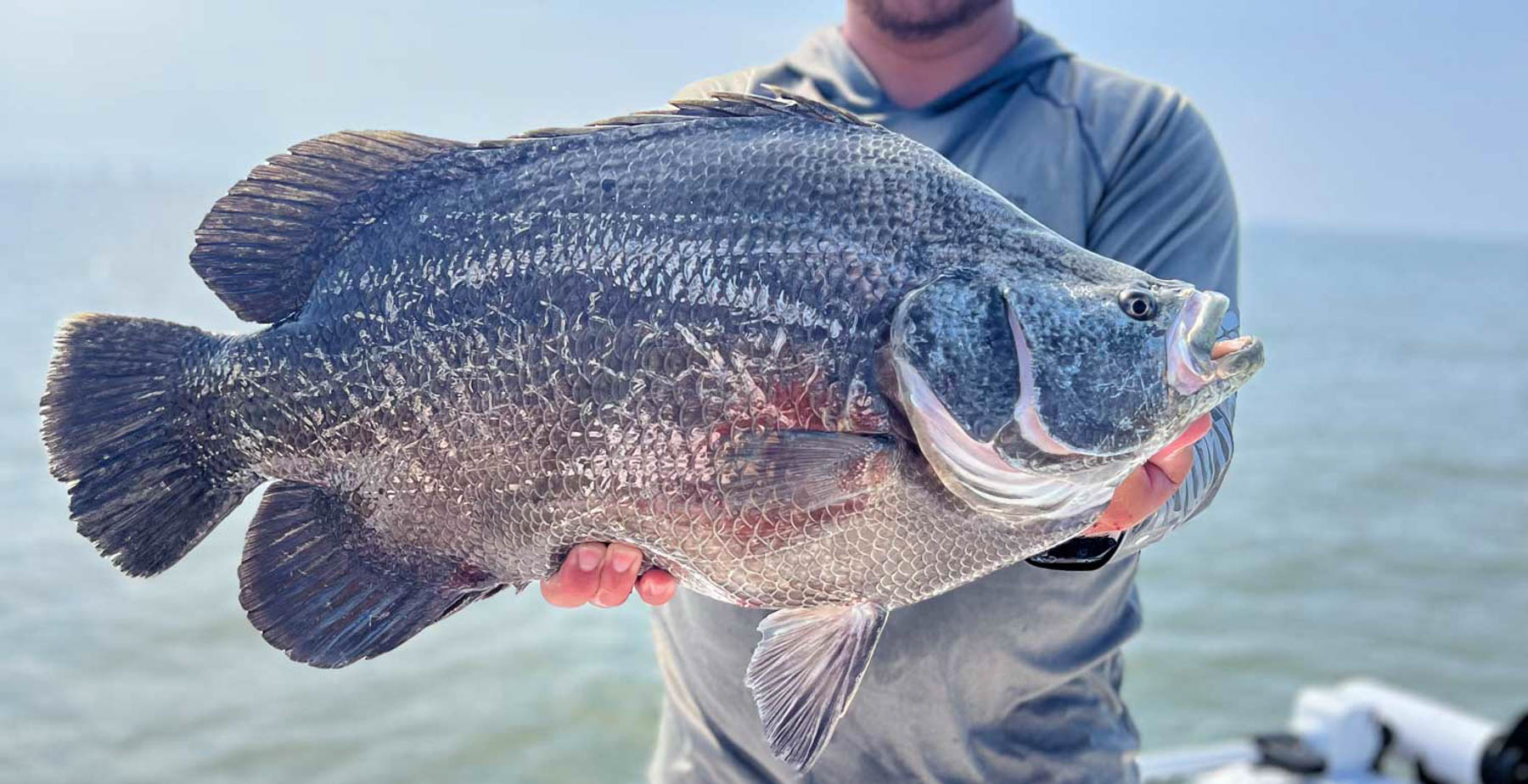|
West Virginia Gov. Earl Ray Tomblin has tapped a University of South Alabama environmental
engineer to lead an independent review of drinking water quality following a chemical
spill affecting about 300,000 people around that state’s capital.
Dr. Andrew Whelton, assistant professor of environmental engineering at USA, and Jeffrey
Rosen of Corona Environmental Consulting, were selected Tuesday to lead a team of
scientists who will conduct the review.
“The governor’s initial commitment of resources is an important first step to determining
the long-term safety of tap water here in West Virginia,” Whelton said. “I’m encouraged
that support is being given to testing water in homes. It is crucial that we let science
guide our work. The people of West Virginia deserve no less.”
Whelton and several USA grad students traveled to Charleston, W. Va., after several
thousand gallons of 4-methylcyclohexane methanol (MCHM), used in coal processing,
leaked into the Elk River upstream of the intake to a regional water utility treatment
plant. The Jan. 9 leak was discovered after residents detected a licorice odor in
their water, leading to a temporary use ban and uncertainty about water safety.
The USA researchers helped residents properly flush out their plumbing systems and
began collecting data to try to determine what effect the contaminated water might
have on plumbing systems and the water flowing through them. The results of those
tests are pending.
Tomblin engaged Whelton this week to do testing on behalf of the state. A $650,000
commitment from Tomblin will allow Whelton and Rosen’s team to:
- Launch an initial assessment for testing tap water in homes.
- Initiate an in-depth analysis to determine the odor threshold for MCHM.
- Establish an independent panel of experts to evaluate the safety factor for MCHM.
State and federal authorities have said that the water is safe to use and drink, and
some testing has been done at fire hydrants and some public buildings.
Whelton has pushed for additional testing in homes. He specifically has been concerned
that contaminated water stagnated in residential plastic pipes, and that those pipes
may have absorbed some of the chemicals, affecting future water quality.
As part of his work for the state, Whelton is testing the water at ten homes in the
nine-county area. The testing will include samples from hot and cold faucets and multiple
locations in each home.
That will give researchers an assessment of the water quality in those ten homes and
provide the scientists a blueprint for how a larger-scale sampling might be conducted.
Tomblin has asked for federal assistance for ongoing research, including additional
testing.
Whelton recently was awarded funding by the National Science Foundation to help fund
his research in West Virginia. A crowdfunding site has been set up at experiment.com/wvwatercrisis
that allows people to give online.
Whelton said it will be important to continue involve USA graduate students, as the
University prepares the next generation of scientists and engineers to help prevent
and respond to similar crises.
|




